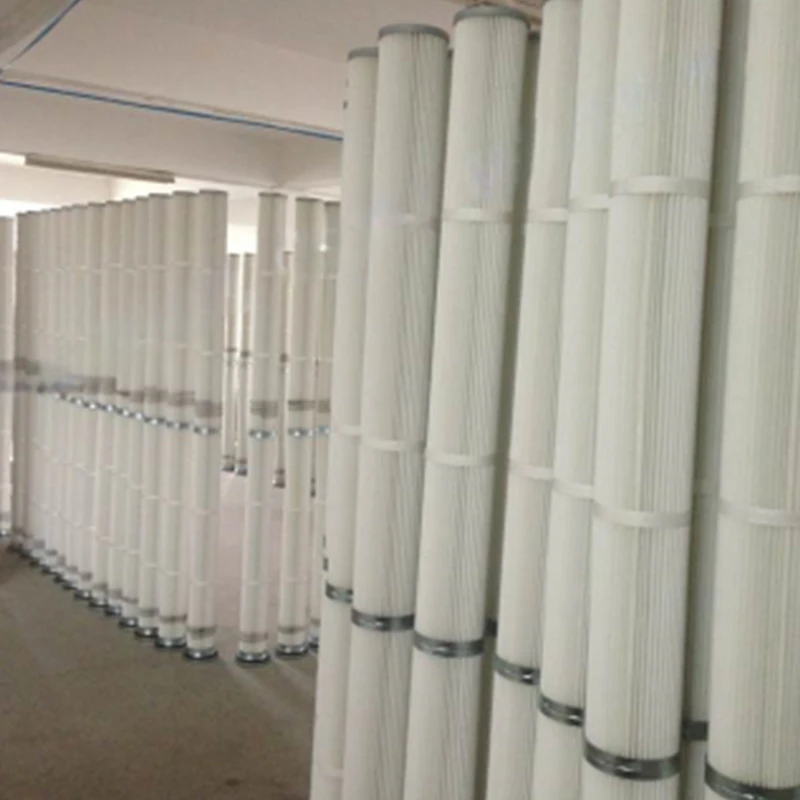 Tel:
+8615930870079
Tel:
+8615930870079
Sep . 15, 2024 15:53 Back to list
stainless steel filter element
Stainless Steel Filter Elements A Comprehensive Overview
In the realm of industrial filtration, stainless steel filter elements have carved a niche for themselves due to their unmatched durability, corrosion resistance, and versatility. These filters are essential components in various applications, ranging from water treatment to chemical processing, and even in food and beverage production. Understanding their properties and advantages can help industries select the right filtration solutions for their specific needs.
Durability and Strength
One of the primary benefits of stainless steel filter elements is their remarkable durability. Made from high-quality stainless steel, these filters can withstand extreme temperatures and pressures, making them suitable for harsh environments. Unlike traditional filters made from plastic or paper, stainless steel filters do not degrade over time, which leads to lower replacement costs and reduced downtime in production processes. Their robust construction ensures they maintain structural integrity even in challenging conditions, providing a reliable solution for critical applications.
Corrosion Resistance
Another significant advantage of stainless steel filters is their excellent resistance to corrosion. Stainless steel alloys contain chromium, which creates a protective oxide layer on the surface of the filter. This layer prevents rust and corrosion, ensuring that the filter elements remain effective over prolonged use. This property is particularly beneficial in industries that deal with corrosive substances, such as chemicals, pharmaceuticals, and food production. By utilizing stainless steel filter elements, companies can mitigate the risk of contamination and ensure the purity of their products.
stainless steel filter element

Versatility in Filtration Applications
Stainless steel filter elements come in various designs, including mesh, sintered, and cartridge filters, allowing them to be tailored for specific applications. The mesh filters are ideal for coarse filtration, while sintered filters provide finer filtration by trapping smaller particles. Cartridge filters, on the other hand, are often used in larger systems due to their high dirt-holding capacity and ease of replacement. This versatility makes stainless steel filters suitable for various sectors, including automotive, aerospace, and oil and gas industries, among others.
Sustainability and Eco-Friendliness
In an age where sustainability is paramount, stainless steel filter elements stand out as an eco-friendly choice. Stainless steel is a recyclable material, which means that end-of-life filters can be processed and reused, reducing waste. Additionally, their longevity means less frequent replacement, which translates into lower resource consumption over time. By opting for stainless steel filters, companies can not only enhance their operational efficiency but also contribute positively to environmental sustainability.
Conclusion
In conclusion, stainless steel filter elements represent a robust and reliable solution for effective filtration across various industries. Their durability, corrosion resistance, versatility, and eco-friendly attributes make them an excellent choice for businesses looking to enhance their filtration systems. As industries continue to seek solutions that not only meet their operational needs but also align with sustainability goals, stainless steel filters will undoubtedly play an increasingly important role in the future of filtration technology. Investing in these high-performance filter elements is a step towards achieving greater efficiency and sustainability in industrial operations.
-
Nano Fiber Technology: Revolutionizing Cartridge Dust Collector FiltersNewsAug.06,2025
-
How Activated Carbon Air Cartridges Eliminate OdorsNewsAug.06,2025
-
Dust Filter Cartridge Handling Fine Particulate MatterNewsAug.06,2025
-
Cartridge Dust Collector Filter for Welding Fume ExtractionNewsAug.06,2025
-
Activated Carbon Filter Cartridge Effectiveness Against VOCsNewsAug.06,2025
-
Activated Carbon Air Filter Cartridge Benefits ExplainedNewsAug.06,2025

 Email:
Email:





